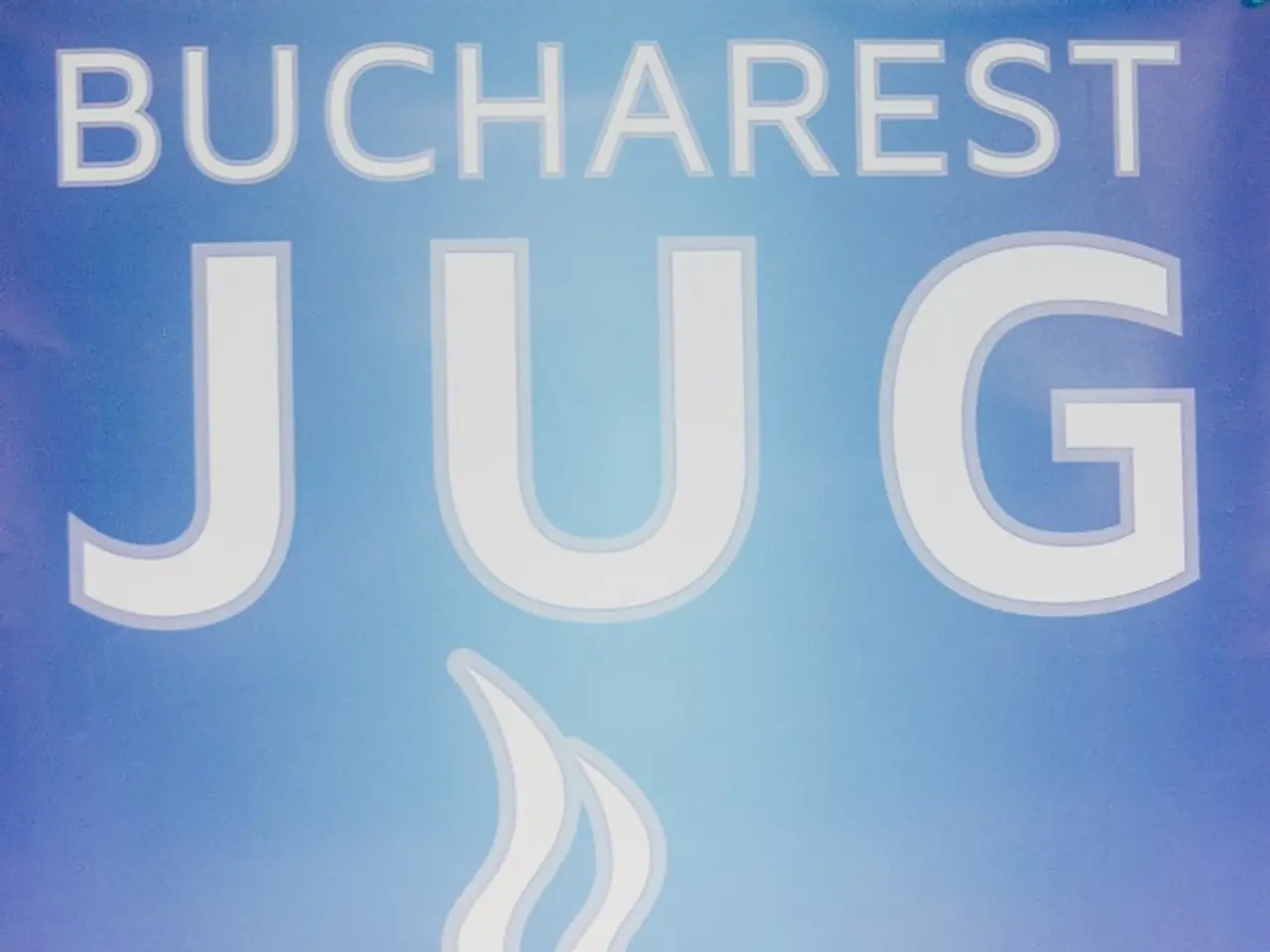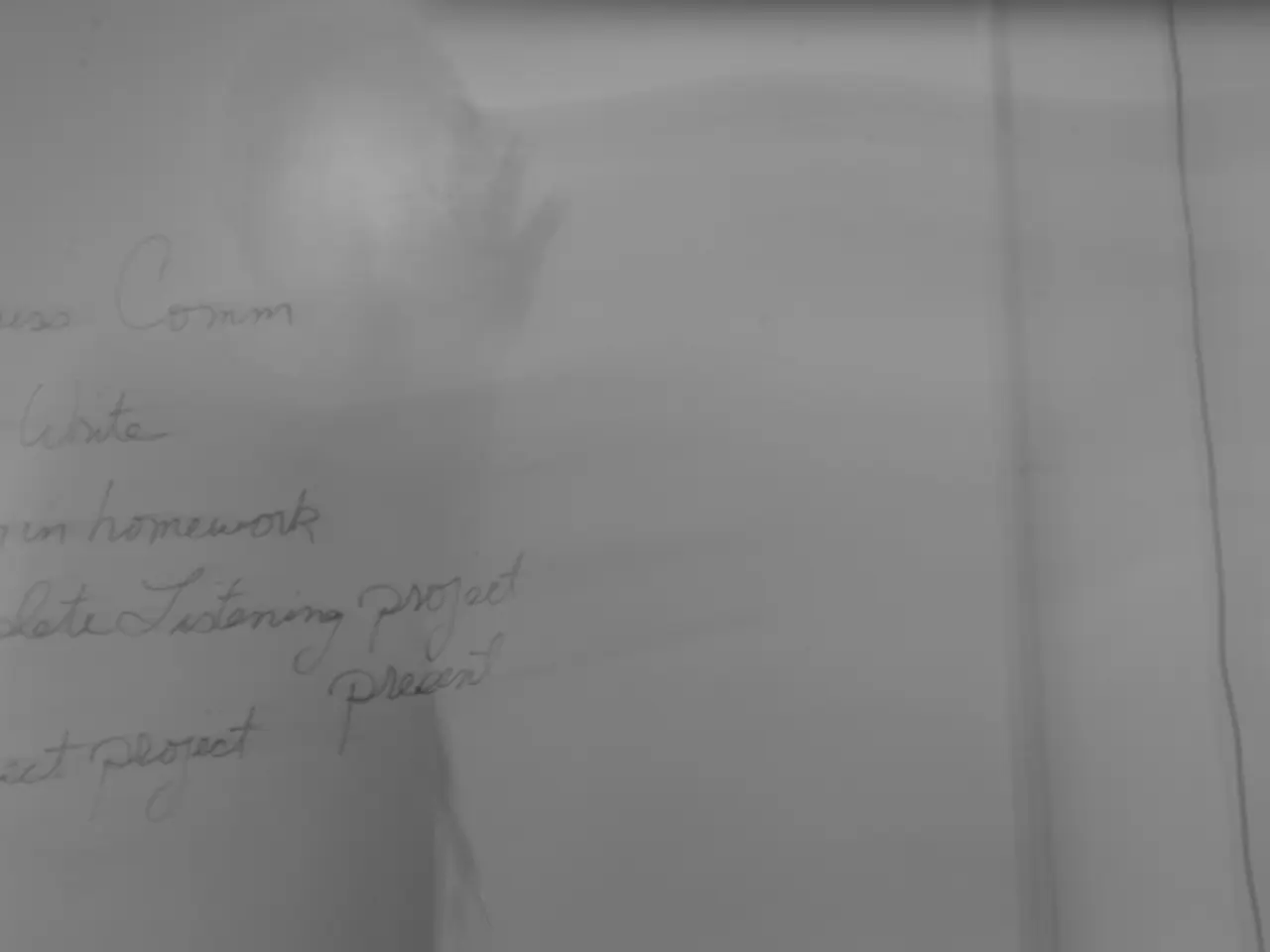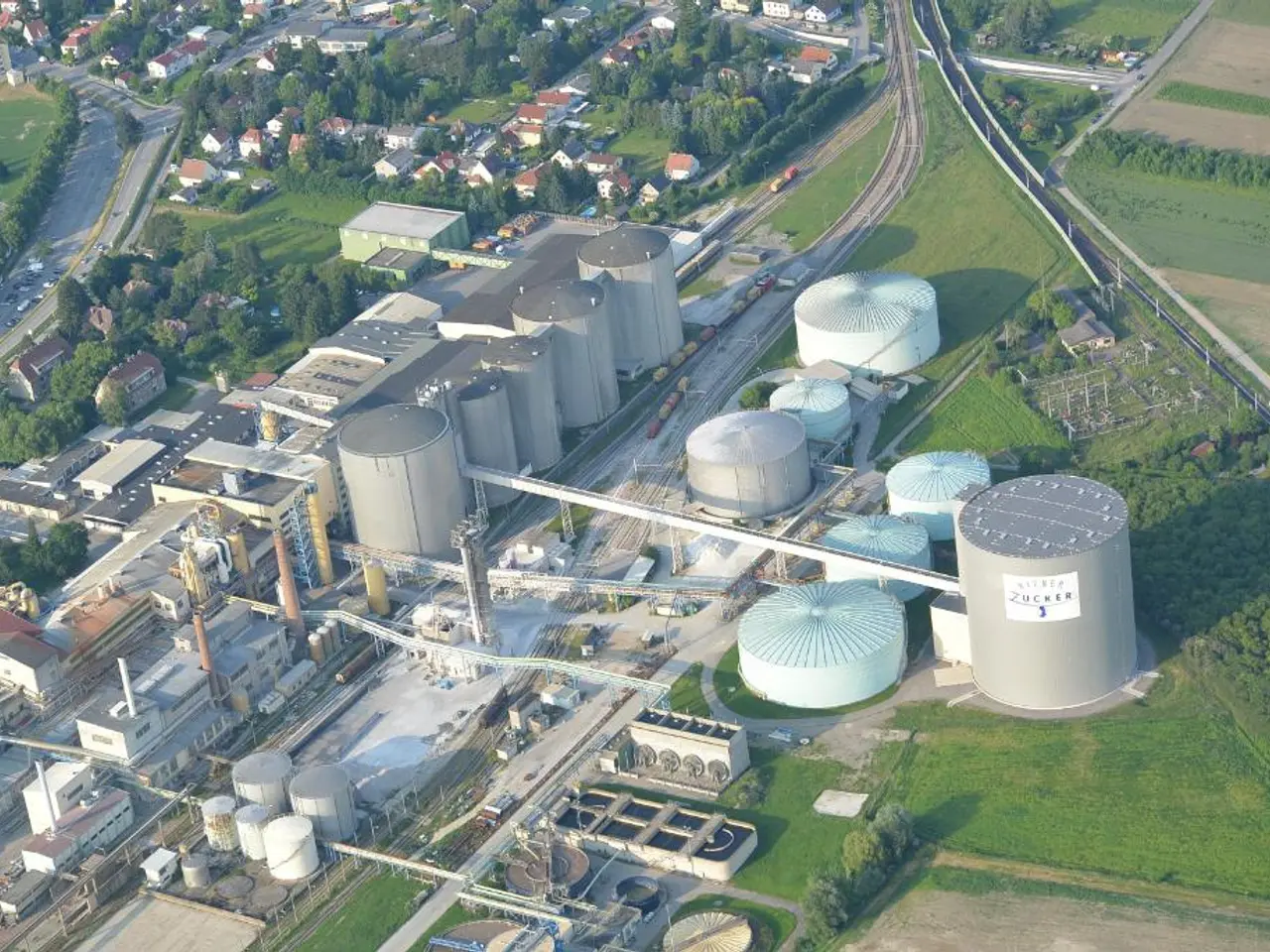European Misconception: Belief in Historical Stability
History often catches us off guard, a reminder that unforeseen events are the norm rather than the exception. We tend to believe the past is a linear sequence of events where we, had we been paying attention, could have foreseen everything. But that's not how it truly is.
The belief in a stable, unchanging world is a comforting illusion we cling to, despite evidence suggesting otherwise. For instance, in 1913, Europe, with its deep-rooted trade relationships and tangled alliances, was under the impression that the odds of a large-scale European war were slim to none. This delusion crumbled when World War I erupted the following year.
Fast forward to 1988, the Soviet Union, a seemingly immovable force, was on the brink of collapse. Yet, few could have anticipated its swift demise, unraveling within just three years. This, too, echoes the unpredictability of history.
Today, Europe finds itself in a similar predicament with its staunch ally and partner, the United States, acting unpredictably. This shift has left many feeling disoriented and frightened, like generations before us have felt. This disorientation is as much personal as it is political, a result of our inherent need for stability.
Author Philip Roth once wrote, "The terror of the unforeseen" captures this feeling perfectly. It's not just that we fail to predict upheaval; it's that when it arrives, we feel it in our bones. But history has shown us that stability is temporary, and what truly lasts are resilience and reinvention.
From the devastating World War I to the rapid collapse of the Soviet Union, and now the unpredictable actions of world powers, we must remember that history has a knack for surprising us. Yet, we keep going, adapting, and reinventing ourselves. That, perhaps, is the one constant in an ever-changing world.
Historical events, such asWorld War I and the collapse of the Soviet Union, demonstrate the unpredictability and uncertainty of our world even to those considered experts like historians. In times of instability and crisis, we often feel shocks that leave us craving for predictability, as we did during the uncertainties of the past and the current unpredictability of key world powers. However, resilience and reinvention, rather than stability, seem to be the one constants in an ever-changing history.







